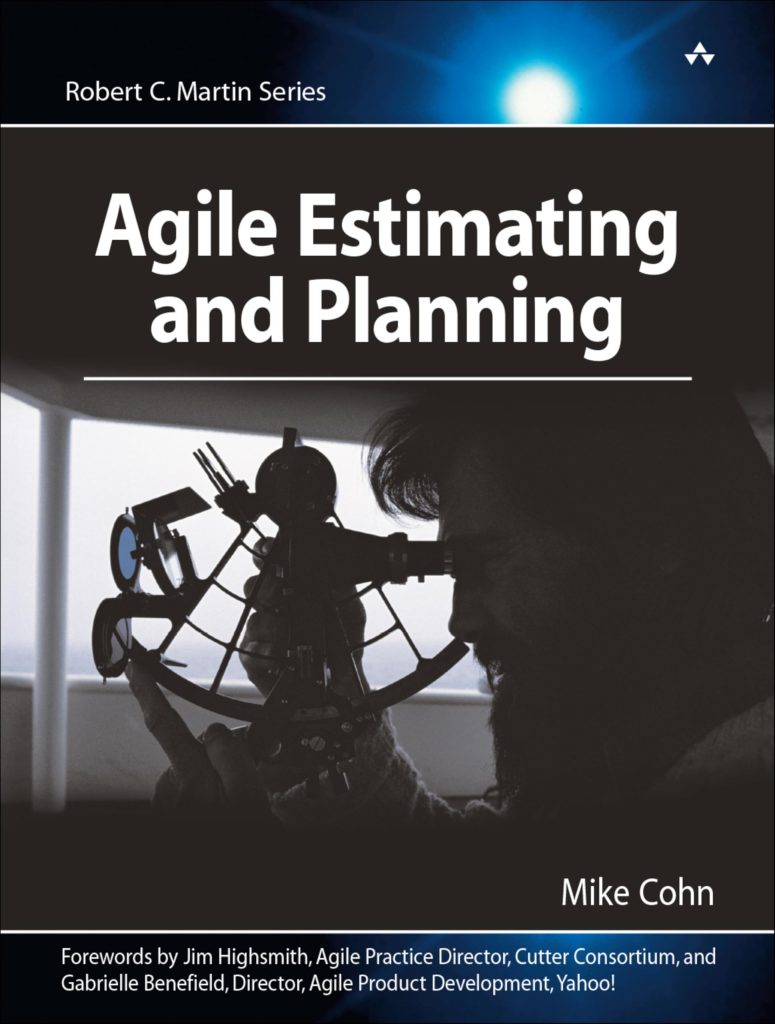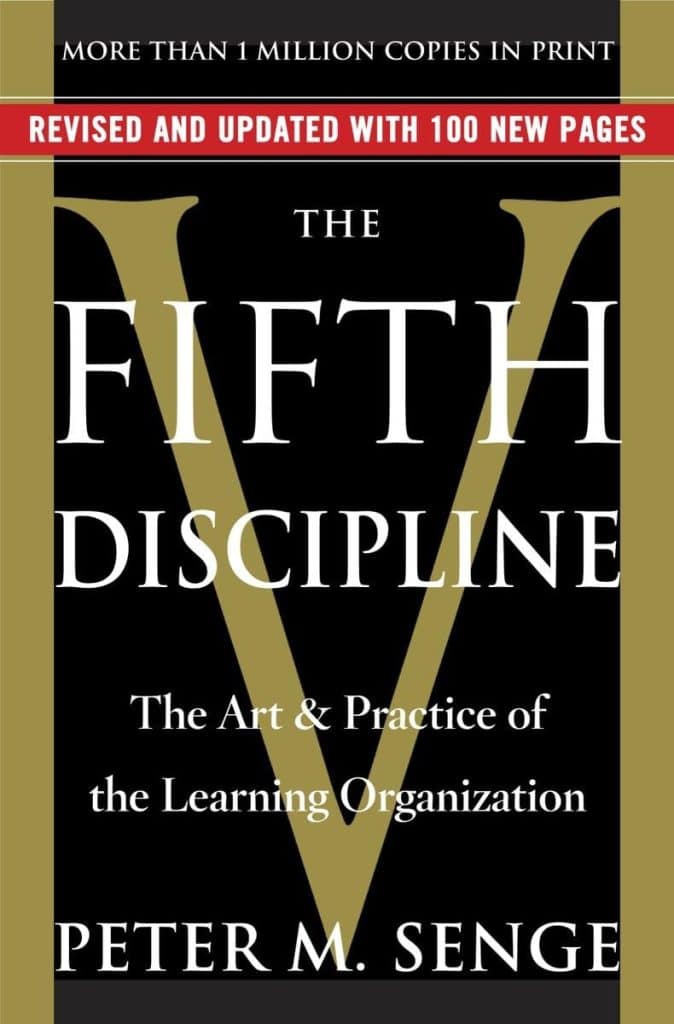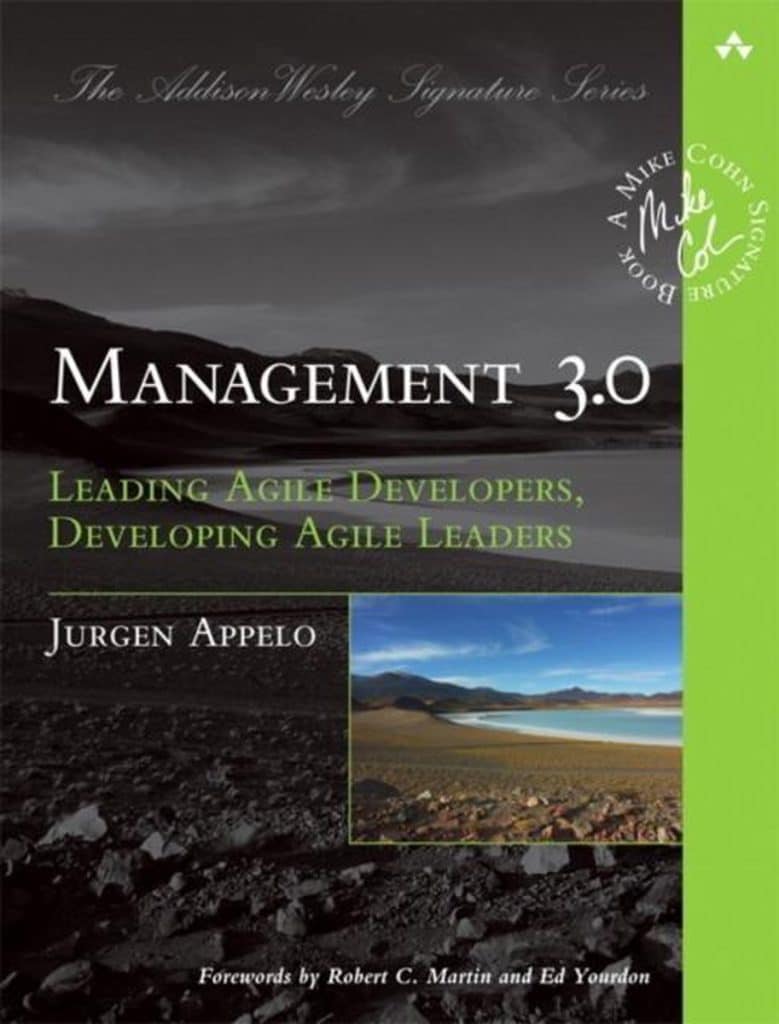Reading always has been something I truly enjoy. It’s a pleasant escape and a deep source of continuous learning, allowing me to apply new insights in both my personal and professional life. In this article, I want to share a list of five books that have greatly shaped me into the person and leader I am today.
Why Reading Books Is Still Important
In an era where information is often consumed in bite-sized chunks through social media and quick articles, the value of reading full-length books remains unparalleled. Books offer a deep dive into subjects, allowing for a comprehensive understanding that short pieces simply cannot provide. They foster critical thinking, enhance vocabulary, and allow for a more profound connection with the material. Reading books also forces me to focus and not jump from one piece of information to another.
My personal Top 5

Agile estimating and planning – Mike Cohn
A guide to effective project management in agile environments, this book covers techniques for estimating and planning that are adaptable and iterative, ensuring flexibility and accuracy.
How did it impact me?
This book really opened my eyes to the importance of implementing software products in an iterative manner with Scrum teams, continuously improving and adapting to change. By applying these insights within my team and spreading this knowledge to other teams, I began my journey from a developer position to a software delivery manager in Centric’s retail division.

The Phoenix Project - Gene Kim
This book demonstrates how DevOps principles can revolutionize IT operations and drive business success. Written as a novel, it captures readers’ attention while imparting valuable lessons on team collaboration, efficiency, and the critical role of IT in today’s competitive environment through its practical insights and engaging story.
How did it impact me?
This book made me realize that our product increment wasn’t truly a releasable product increment. Over time, we integrated more automation tools like Octopus Deploy and Nagios XI, ensuring that we could release the increment with the push of a button and easily monitor and maintain the release in production.

The 5th discipline by Peter M. Senge
The 5th Discipline by Peter Senge introduces the concept of a learning organization, where businesses and individuals continuously expand their capacity to create desired results. It outlines five key disciplines: personal mastery, mental models, shared vision, team learning, and systems thinking, emphasizing the importance of a holistic approach to problem-solving and innovation.
How did it impact me?
This book opened my eyes to two crucial concepts: the advantages and pitfalls of mental models and the world of systems thinking. These ideas have helped me embrace a holistic approach to learning, decision-making, and problem-solving.

Management 3.0 by Jurgen Appelo
Management 3.0 by Jurgen Appelo is an innovative approach to leadership and management in the modern workplace. It challenges traditional hierarchical structures and promotes a more dynamic, inclusive, and collaborative environment. The book provides practical insights and tools aimed at empowering employees, fostering creativity, and driving organizational success through continuous improvement. It emphasizes the importance of nurturing a culture of trust, learning, and adaptability, making it a valuable resource for leaders seeking to enhance their management practices and build resilient teams.
How did it impact me?
Reading this book transformed my approach to leadership by highlighting the importance of effectively managing upward. I learned that “managing up” is essential for aligning your work and that of your team with your manager’s and the company’s objectives. Instead of asking, “What can my manager do for me?” I shifted to thinking, “What can I do for my manager?” This change in mindset has helped build stronger professional relationships, foster clearer communication, and drive collective success.

The Seven Habits of Highly Effective People by Stephen R. Covey
The Seven Habits of Highly Effective People by Stephen Covey is a renowned self-help book that presents a principle-centered approach to achieving personal and professional effectiveness. These seven habits are designed to help individuals lead more productive, fulfilling lives by fostering a mindset of growth, collaboration, and self-improvement.
How did it impact me?
All Seven Habits of Highly Effective People are relevant, but three habits are particularly notable for their impact on my personal and professional growth:
- Begin with the End in Mind: Define clear goals and visions for your future.
- Synergize: Collaborate effectively to achieve results that could not be realized individually.
- Sharpen the Saw: Continuously renew and improve yourself in physical, mental, emotional, and spiritual dimensions.
Five more reading tips
- Start With Why: How Great Leaders Inspire Everyone To Take Action by Simon Sinek
- The Startup Way: How Entrepreneurial Management Transforms Culture and Drives Growth by Eric Ries
- The Five Dysfunctions of a Team: A Leadership Fable by Patrick Lencioni
- Lean Enterprise: How High Performance Organizations Innovate at Scale by Jez Humble, Joanne Moleksy and Barry O'Reilly
- Debugging Teams: Better Productivity Through Collaboration by Brian W. Fitzpatrick and Ben Collins-Sussman

